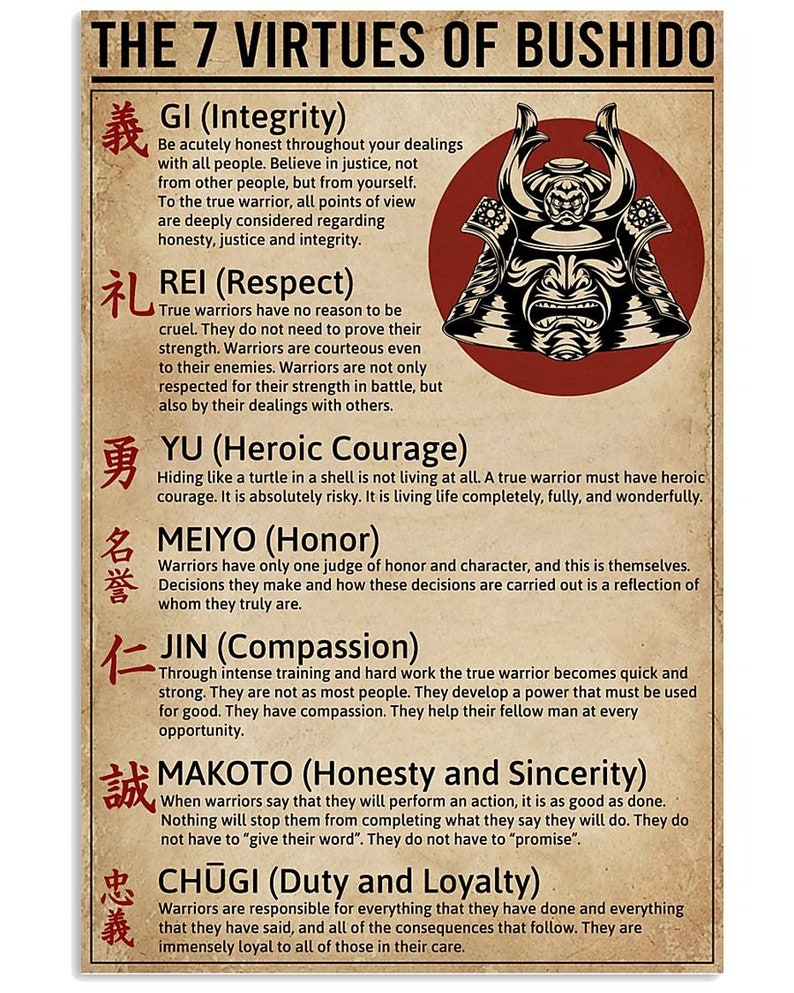Dutch Uncle
* Tertia Optio * Defend the Constitution
These terrorists, Matt: https://www.dhs.gov/sites/default/f...nd-threat-assessment-2024_508C_V6_13Sep23.pdfWhat terrorists, Dutch?
https://i.imgflip.com/7zvkh4.jpg
Homeland Threat Assessment 2024
TERRORISM
In 2024, we expect the threat of violence from violent extremists radicalized in the United States
will remain high but largely unchanged from the threat as described in the May 2023 National
Threat Advisory System (NTAS) bulletin. Over the past year, both domestic violent extremists
(DVEs) and homegrown violent extremists (HVEs) inspired by foreign terrorist organizations have
engaged in violence in reaction to sociopolitical events. These actors will continue to be inspired
and motivated by a mix of conspiracy theories; personalized grievances; and enduring racial,
ethnic, religious, and anti-government ideologies, often shared online.
• Since January 2022, DVEs have conducted three fatal attacks in the Homeland resulting in 21
deaths and multiple non-lethal attacks. US law enforcement has disrupted over a half dozen
other DVE plots. During the same period, only one attack was conducted by an individual
inspired by a foreign terrorist organization. The individual—who is awaiting trial—was likely
inspired by a spiritual mentor of al-Qa‘ida and Taliban narratives and allegedly wounded three
New York City Police Department officers on New Year’s Eve.
• Collectively, these incidents focused on a variety of targets, including law enforcement,
government, faith-based organizations, retail locations, ethnic and religious minorities,
healthcare infrastructure, transportation, and the energy sector. The most lethal attack this
year occurred in May in Allen, Texas, where a now-deceased attacker killed eight people at
a shopping mall. The attacker was fixated on mass violence and held views consistent with
racially or ethnically motivated violent extremist (RMVE) and involuntary celibate violent
extremist ideologies, judging from his writings and online activities.
• While violent extremists likely will continue using accessible, easy-to-use weapons for attacks,
they also will leverage online platforms and encrypted communications applications to share
novel tactics and techniques. Collaboration among violent extremists online likely will grow
as they strive to spread their views, recruit followers, and inspire attacks. Some RMVEs have
improved the quality of their video and magazine publications online, which could help them
inspire more like-minded individuals to commit attacks.
Foreign terrorist groups like al-Qa‘ida and ISIS are seeking to rebuild overseas, and they maintain
worldwide networks of supporters that could seek to target the Homeland. Among state actors, we
expect Iran to remain the primary sponsor of terrorism and continue its efforts to advance plots
against individuals in the United States.
• Foreign terrorists continue to engage with supporters online to solicit funds, create and share
media, and encourage attacks while their affiliates in Africa, Asia, and the Middle East prioritize
local goals. Since the US withdrawal from Afghanistan, ISIS’s regional branch—ISIS‑Khorasan—
has garnered more prominence through a spate of high-casualty attacks overseas and
English‑language media releases that aim to globalize the group’s local grievances among
Western audiences. Individuals with terrorism connections are interested in using established
travel routes and permissive environments to facilitate access to the United States....




